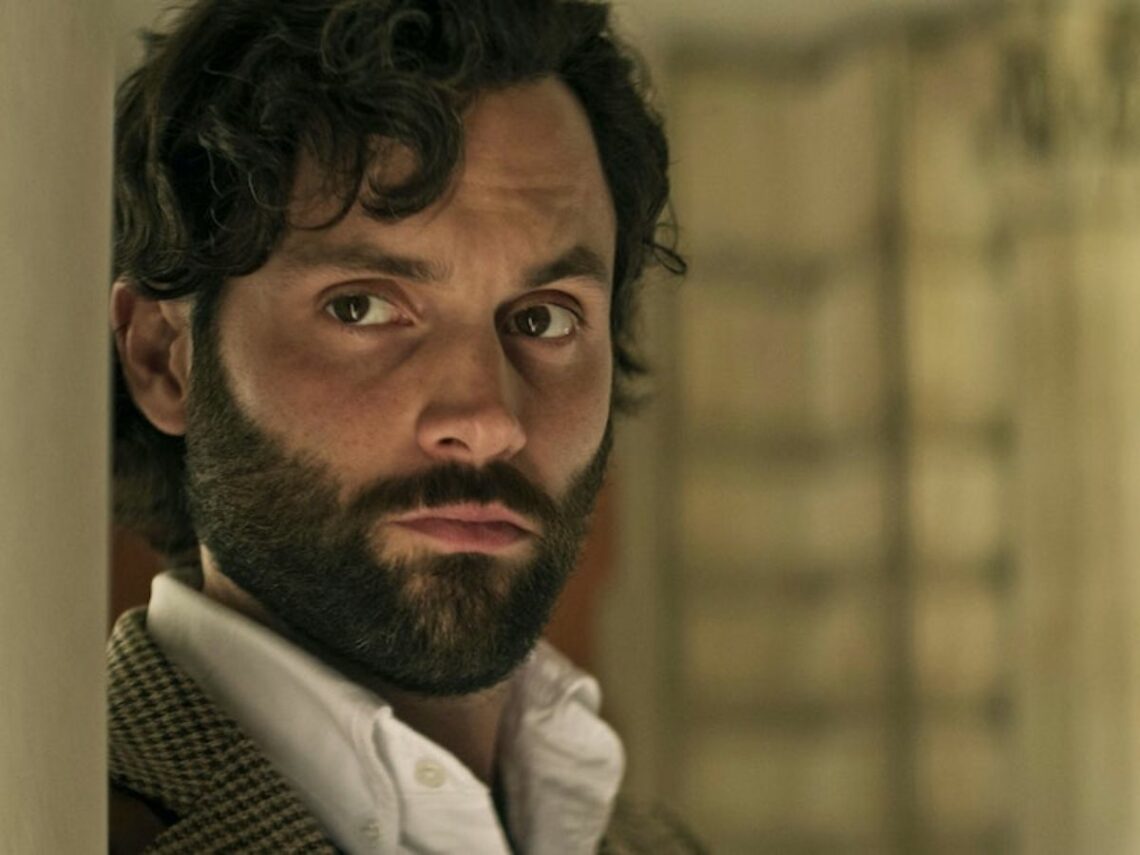
What Gen Z’s obsession with messy Netflix protagonists really says
We have fully entered the era of the emotionally unstable main character, and no one is mad about it. Gen Z is not just watching messy protagonists on Netflix but is also relating to them, defending them, and making “me as hell” memes about them. The appeal is real, but the obsession? That says something deeper about the generation.
Back in the day, we were fed aspirational leads. Flawless, put-together people who overcame challenges with grace and inspiring speeches. Now, give us someone like Georgia Miller who lies, steals, and manipulates but makes you cry anyway. Or Devi Vishwakumar, who emotionally combusts every second episode but somehow still makes you root for her.
Messy protagonists are not just drama for the sake of it. They reflect our own complexities, our emotional whiplash, and the chaos that defines being alive in this moment. So what exactly does this obsession with fictional wrecks say about Gen Z?
Let’s get into it.
Why do the messiest characters of Netflix hit different for Gen Z
We find comfort in watching someone else fall apart first
There is a strange peace in watching someone spiral harder than you ever could. When everything in real life feels uncertain with an on-the-brink economy, rapidly worsening climate crisis, and the endless pressure to “be okay” and functional, there is something grounding about watching fictional people fall apart completely. You are not alone in the chaos, and best of all, it’s not your mess.
Think about Amerie from Heartbreak High, publicly humiliated and constantly burning the bridges she rebuilds. Or Assane from Lupin, whose perfect heist plans collapse under emotional weight. Their disasters make ours feel less catastrophic, and their chaos lends permission for ours to exist.
We are done pretending perfection is the goal
For a generation raised on Instagram filters, LinkedIn milestones, and “that girl” aesthetics, there is a collective burnout around being perfect. Messy protagonists reject the clean-girl life and show us something more honest, raw, and way more relatable.
Characters like Beth Harmon in The Queen’s Gambit or Camille in Emily in Paris look like they have it all, but they are crumbling behind the scenes. They oversleep, self-medicate, ruin relationships and make life-altering mistakes. And yet, we do not hate them. We watch because they remind us that looking fine and being fine are two very different things.
We find validation in seeing emotional damage onscreen
This one hits. So many Netflix protagonists are quietly (or not-so-quietly) navigating trauma, anxiety, grief, or loneliness, and it is not neatly resolved in one season. It spirals and bleeds into every decision, and Gen Z gets that trajectory.
Look at Georgia in Ginny & Georgia, who is all charm on the outside and deeply fractured inside. Or Jun in Baby Reindeer, whose obsession masks a heartbreaking kind of isolation. These characters feel like emotional mirrors. They say what many of us cannot: that we are not always healing in a straight line. Sometimes we are regressing, and that is OK.
Gen-Z relate more to survivors than saviours
Clean, noble, perfect Netflix protagonists do not do it for us anymore. We do not want the person who saves the day. We want the one who barely survives it and gets up to do it all over again. The one who makes bad calls, takes the long road and not always the high one, cries in bathrooms, and still manages to show up.
Characters like Joe Goldberg in You (murder aside) are compelling because they are navigating survival, not success. They are morally broken but emotionally honest. They might not be good people, but they feel real, and Gen Z would rather follow a real mess than a fake ideal any day.
Trying to make sense of our own chaos through theirs
Binging a show like Never Have I Ever or Lupin is not just escapism; it is a weirdly therapeutic exercise. Watching fictional characters spiral lets us explore our own mess from a safe distance. We project, we reflect, and we may even feel a little seen. It’s not about justifying mistakes and choices made in haste or derangement, but accepting consequences to get to the other side. The grass may not be greener either way, but there’s faith that you’ll be able to get there to draw your own conclusions.
In the post-pandemic world, where mental health struggles have become a shared baseline, watching characters fall apart and still survive feels like a subtle kind of hope. Not the cheesy kind, but the kind that reiterates, “Hey, you’re still here, and that’s enough”.